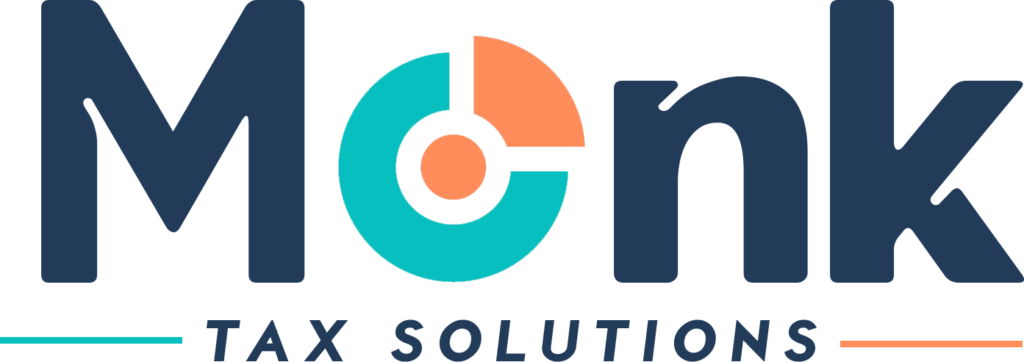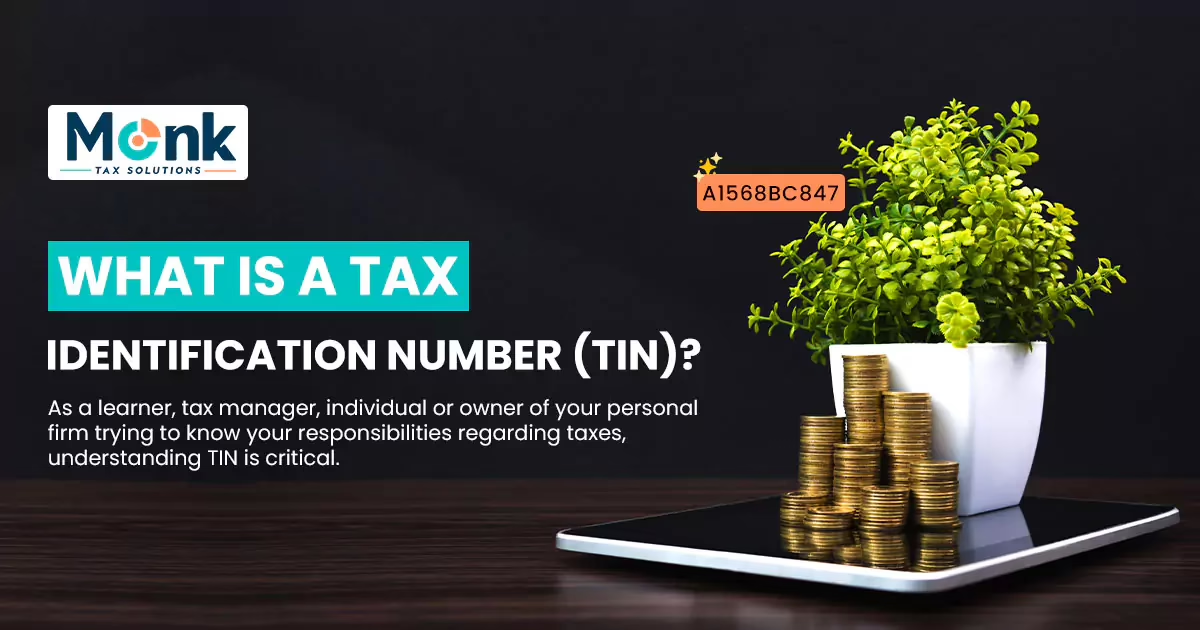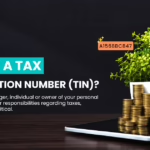Like it or not, dealing with a country’s taxes is like breaking into one of the levels of hell and taking your chances to find a way out. Out of the many terms and abbreviations that jump out, TIN or Tax Identification Number happens to be one such hassle mark that underlines a basic identifier.
As a learner, tax manager, individual or owner of your personal firm trying to know your responsibilities regarding taxes, understanding TIN is critical. This article outlines TINs deeply while explaining the essence, kinds, methods of acquisition and their necessity in the financial world.
Pre-Requisites To Identifying Persons Impacted
In the context of a taxpayer, the number TIN refers to is a unique number so that individuals and corporate bodies are identified for administrative purposes with a governing authority responsible for the collection of tax. Imagine a TIN as a social security number (SSN) or a passport but for financial engagement with the uh government.
As they suggest for financial transactions, it’s possible to use the number assigned or taxpayer identifier for specific purposes such as:
- Tracking Income and License: It’s my belief this feature assists the government accomplish monitoring financial allowed and disabled information between individuals and businesses.
- Ensure Compliance: TINs help enforce tax laws by making it easier to track non-compliance.
- Process Tax Filings: The TIN is a major reference number for processing income tax returns and corporate tax filings.
- Administer Tax-Related Programs: More and more government benefits and services are being integrated with the compliance of tax obligations. TINs help verify that these benefits and services are issued correctly.
- Facilitate Information Exchange: In a number of financial dealings, like securing a bank account or getting paid for contracted services, a TIN is essential for accurate reporting to tax authorities.
A Global Perspective: Different Names, Same Purpose
While the term “Tax Identification Number” is familiar to many people, its specifics can be completely different in other parts of the world. It’s helpful to know the local phrasing when tackling the taxes of a given jurisdiction. Check these out:
- United States: Social Security Number (SSN) for individuals and Employer Identification Number (EIN) for businesses.
- Canada: Social Insurance Number (SIN) for individuals and Business Number (BN) for businesses.
- Tax Identification Number UK: Individuals have a National Insurance Number (NINO), self-employed individuals and partnerships have a Unique Taxpayer Reference (UTR), and companies have a Company Registration Number (CRN); although the UTR is the primary tax identifier, while CRN is for registration.
- India: Individuals and businesses have a Permanent Account Number (PAN), and a business has a GST Identification Number (GSTIN) if they are registered for GST.
- Australia: Individuals are issued with a Tax File Number (TFN) and businesses are registered with an Australian Business Number (ABN).
- Germany: Individuals are issued a Steuer ID, and businesses are issued a Steuernummer.
Even though the various terms are employed, the core remains unchanged: serving the distinct identification of taxpayers for the coordination and control of a specific tax or fiscal service.
A Categorization Of Tax Identification Numbers
The sort of TIN you are issued is dependent on your situation, whether you’re an individual or have a business, and how you manage your finances. Let’s break down the types most used:
For Individuals
For an American Citizen, A Social Security Number (SSN) is assigned. It is a 9-digit number issued by the Social Security Administration and is used primarily for tracking an individual’s earnings and eligibility for Social Security benefits. It’s a crucial TIN also for income tax.
- Social Insurance Number (SIN) (Canada): A nine-digit number allocated by Employment and Social Development Canada (ESDC) for a number of government programs and benefits such as loans, income tax and other payments.
- National Insurance Number (NIN) (United Kingdom): A tax number in the UK aids in tracking contributions to National Insurance by individuals. The system funds a number of benefits, including the state pension and unemployment benefits. It serves a dual purpose of identification for tax purposes as well.
- Permanent Account Number (PAN) (India): This is a mandatory 10-digit alphanumeric number for filing tax returns, opening and operating bank accounts, and making sizable financial investments. It is issued and controlled by the Income Tax Division of the Indian government.
- Tax File Number (TFN) (Australia): An identifier of a person issued by the Australian Taxation Office. A TFN must not remain unknown to employers and financial service providers as it greatly misaligns employment and taxation services.
- Steuer-ID-Germany: An eleven-digit number every German and resident is given for tax purposes.
For Companies and Other Entities
- Employer Identification Number (EIN) (United States): A unique, nine-digit number given by the Internal Revenue Service (IRS) to businesses and other entities operating in the United States, including trusts and estates. An EIN serves as the identity of the business for tax purposes such as employment taxes, corporate income tax and even excise taxes.
- Business Number (BN) (Canada): A nine-digit business number is also issued by the Canada Revenue Agency (CRA), but this serves as a common identifier for businesses dealing with the federal government. This number assists in the payment of corporate income tax, GST/HST, payroll deductions and import/export activities of the business.
- UTR (United Kingdom): Unique Taxpayer Reference or UTR is a number of ten digits issued by the HM Revenue and Customs (HMRC) to self-employees and partnerships as a means to track their income tax payments. Companies are normally given a Company Registration Number (CRN) to be incorporated, and other references for tax purposes. It plays a significant role in UK TIN numbers.
- Goods and Services Tax Identification Number (GSTIN) (India): It is assigned to businesses that are registered under the Goods and Services Tax (GST) regime and is crucial for activities related to compliance tax in the supply of goods and services. A GSTIN is a fifteen-digit alphanumeric number.
- Australian Business Number (ABN) (Australia): An identifier for Australian businesses and other organizations is an eleven-digit number. ABN is not exclusively for tax purposes. However, it is needed for GST registration and other business taxes.
- Steuernummer (Germany): Tax identification number attributed to companies and self-employed individuals issued by the local tax office. It can have different formats within a region.
Obtaining a Tax Identification Number
The steps for obtaining a TIN differ from one country to the next and vary for each type of TIN. Below is an outline:
For Individuals
- Social Security Number (SSN) (US): Obtained by applying to the Social Security Administration. Proof of age, identification and citizenship or legal presence in the US is needed.
- Social Insurance Number (SIN) (Canada): Can be applied for online, by mail or in person at a Service Canada location. Proof of identity is required.
- National Insurance Number (NINO) (UK): Usually, individuals are automatically allocated this before their 16th birthday or when they start working. Applications can be made online or via phone and can be merged with a UK tax identification number.
- Permanent Account Number (PAN) (India): Applications can be submitted through the Income Tax Department website or through authorized PAN service suppliers. Proof of identity and address is required.
- Tax File Number (TFN) (Australia): Identity verification is necessary. Applications can be made through the ATO website or by mail.
- Steueridentifikationsnummer (Steuer-ID) (Germany): This is usually assigned automatically at birth or when one registers to live in the country.
For Businesses and Other Entities
- Employer Identification Number (EIN) (US): Applications can be made online through the IRS website, by mail, or by fax.
- Business Number (BN) (Canada): Businesses can register for a BN online through the Canada Revenue Agency (CRA) website or via mail.
- Unique Taxpayer Reference (UTR) (UK): This is usually assigned automatically when a business or self-employed person registers for self-assessment with the HMRC.
- Goods and Services Tax Identification Number (GSTIN) (India): Assigned through the GST portal once registration for GST is completed.
- Australian Business Number (ABN) (Australia): Businesses may apply for an ABN online through the Australian Business Register (ABR) website.
- Steuernummer (Germany): Businesses have to register with their local tax office to obtain a Steuernummer.
Your TIN's Importance and Usage
Your Tax Identification Number is a crucial piece of information needed for multiple tasks ranging from finances to administration. It holds importance and has utility for the following reasons:
- Tax Returns: Your TIN is critical in ensuring proper identification of yourself or your business while filing tax returns.
- Employment: TIN is necessary for payment processing as it allows employers to correctly report your wages and employment tax.
- Financial Institutions: Financial institutions such as banks require your TIN when you open an account or apply for a loan in accordance with their reporting regulations.
- Investments: TIN is generally needed to open an investment account, as stocks, bonds, and other investment vehicles have tax obligations that need reporting.
- Government Services: Various government services require the TIN to establish eligibility for the program being claimed or applied for.
Business Activities: Businesses require their TIN (EIN, BN, GSTIN) for operational activities like sending invoices, paying suppliers, interacting with government departments, and more.
Conclusion
Your participation in the tax system can be unlocked with the Tax Identification Number, which is more than just a string of digits and characters. Individuals and businesses alike should understand its purpose, types, method of obtaining it, and the importance of guarding it. With the right information, you can confidently navigate the complexities of taxation and compliance by using your TIN responsibly. As always, consult official sources like Monk Tax Solutions and seek professional guidance on matters related to taxation.





